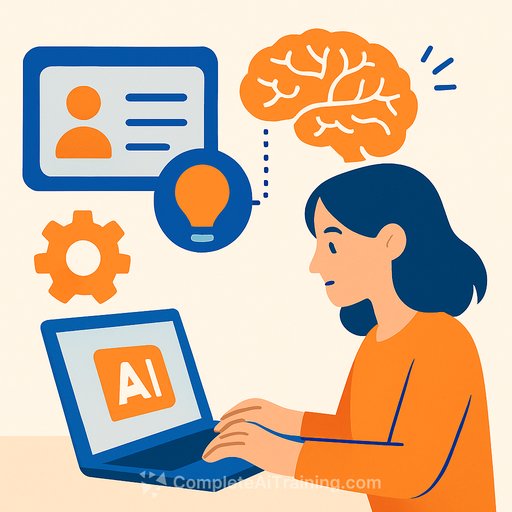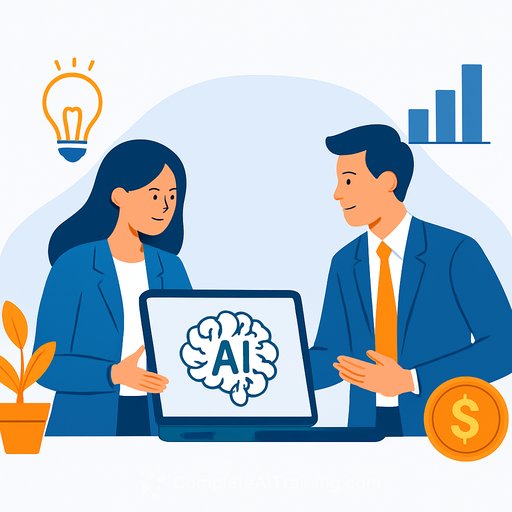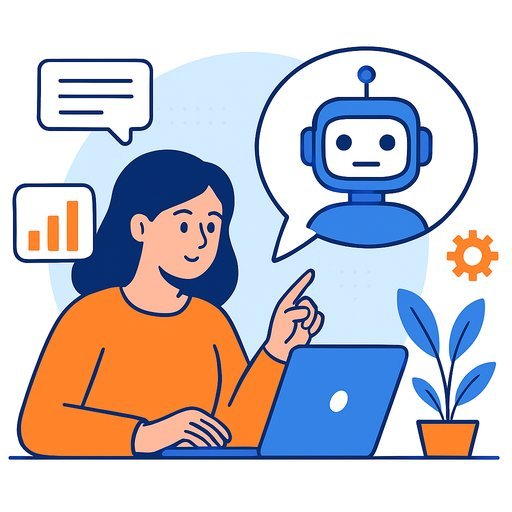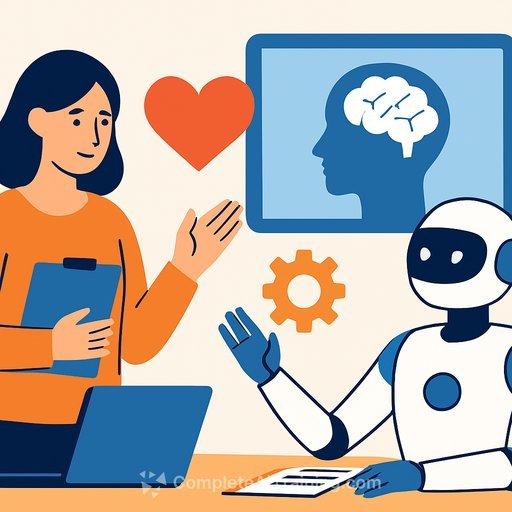Thinking Machines, Forgetting Minds: The Cognitive Cost of AI-Assisted Learning
A decade ago, the idea that machines could draft essays, debug code, or explain complex theories in seconds felt like science fiction. Today, artificial intelligence does all this and more. Large Language Models (LLMs) like ChatGPT have changed how we consume and process information. But as we increasingly outsource intellectual work to AI, important questions arise about the impact on human cognition.
This isn’t a doomsday scenario—at least not yet. However, growing research indicates there may be cognitive downsides to relying heavily on AI tools, especially in academic and intellectual settings. The issue isn’t that AI is harmful by nature, but that it shifts the mental effort required to learn, think critically, and remember. When answers come pre-packaged and polished, the mental work of connecting ideas or wrestling with uncertainty may quietly disappear.
How AI Changes Brain Activity
A study from MIT Media Lab offers insight into this shift. Fifty-four college students wrote essays under three conditions: relying solely on their own thinking, using the internet without AI, or freely using ChatGPT. Brain activity was monitored via EEG headsets. Those who used only their minds or basic online searches showed higher connectivity in brain regions linked to attention, memory retrieval, and creativity. In contrast, students using ChatGPT exhibited reduced neural activity and struggled more to recall what they had written.
This echoes concerns raised earlier by Nicholas Carr in The Shallows: What the Internet Is Doing to Our Brains. Technologies that simplify information access can weaken our ability to engage deeply with content. Carr’s argument, originally about search engines and social media, now applies to AI tools that automate thinking itself.
The Risk of Homogenized Thinking
AI has undeniably made knowledge more accessible. Whether it’s a student stuck on a math problem or a professional drafting a report, AI can deliver quick, coherent answers. But this convenience may reduce originality. The MIT study found AI-generated responses often cluster around generic, agreeable sentiments. For example, subjective questions like “What does happiness look like?” produced answers that lacked diversity and depth.
LLMs generate outputs based on statistical averages drawn from billions of texts. This trend toward uniformity raises questions beyond cognition—it touches on philosophy and culture. As Shoshana Zuboff discusses in The Age of Surveillance Capitalism, technology’s ability to predict behavior can also shape it. If AI answers reflect the statistical mean, users may adopt and repeat these patterns, reinforcing a cycle of conformity.
Learning Requires Effort
Meaningful learning depends on effort, retrieval, and mental struggle. When students bypass these processes by letting AI generate answers, they miss the critical steps that solidify understanding. This insight is supported by Make It Stick: The Science of Successful Learning, which emphasizes how challenge and active recall enhance memory and comprehension.
That said, AI isn’t inherently detrimental. The same MIT research showed that students who first engaged their own thinking before using AI to refine their work demonstrated stronger brain connectivity than those who relied on AI from the start. The key is to use AI as a supplement, not a substitute.
The Difference Between Tools and Thinking
Humans have always used tools to extend cognitive abilities—writing, calculators, and calendars all lighten mental load. But LLMs differ because they don’t just store or calculate information; they generate thoughts, arguments, and narratives. This challenges what we consider uniquely human intellectual work.
In education, the stakes are high. A recent Harvard study found that while generative AI can increase productivity, it may also reduce motivation. If students feel disconnected from their ideas, their drive to learn can wane. Cal Newport’s Deep Work highlights how focus and effort are essential to intellectual growth; outsourcing too much risks undermining both skills and confidence.
The Subtle Danger of Overreliance
Cognitive offloading isn’t new, but AI assistance is unprecedented in scale and intimacy. Researchers at Carnegie Mellon warn that relying on AI for decision-making may leave minds “atrophied and unprepared.” When AI works too smoothly, the brain loses opportunities to engage deeply. Over time, this dulls the mental sharpness that comes from grappling with complexity and constructing original arguments.
Of course, not all AI use impacts cognition equally. A senior using a digital assistant to remember appointments is different from a student using ChatGPT to write a philosophy essay. As Cal Newport suggests in Digital Minimalism, the effect depends on the purpose and structure of technology use.
Moving Forward with Caution
Concerns about AI and cognition echo past anxieties about writing, newspapers, and television. Society adapted before, but the difference now lies in how deeply AI replaces original thought. It’s not about abandoning AI but managing how we integrate it, especially in learning environments.
Educators and developers should promote transparency and guided use of AI tools. Creating “AI-free zones” in education might help preserve critical mental skills. The question isn’t whether AI will influence thinking—it already does. The real challenge is ensuring future generations remain sharp, not just efficient at producing average answers.
For those interested in learning how to use AI tools effectively without losing cognitive edge, exploring structured AI courses can be valuable. Resources like Complete AI Training’s latest courses offer guidance on integrating AI thoughtfully into work and learning.
Your membership also unlocks:





